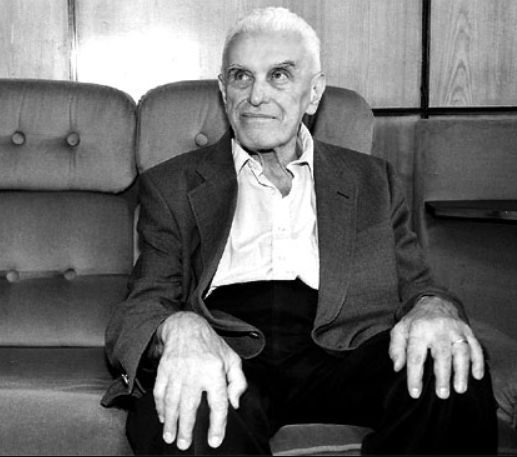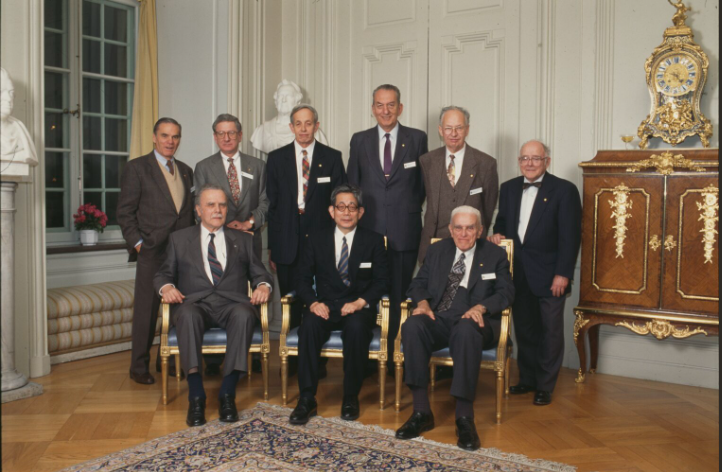1994 - An exceptional year for the Hungarian Science
Thirty years ago, in 1994, two Hungarian-born scientists received their Nobel Prizes in the United States. John C. Harsanyi received the Nobel Prize in Economics for his work on game theory and its application to economics. He showed how games with incomplete information can be analyzed and thus provided the theoretical basis for a vibrant field of research – information economics. He is also known for his research on utilitarian ethics and is considered one of the most important representatives of “rule utilitarianism”. George Andrew Olah was awarded the Nobel Prize in Chemistry for his contribution to carbocation chemistry. Chemical reactions in which molecules of atoms collide and form new compounds are among the fundamental processes of nature. Carbocations are electrically charged molecules in which the charge is concentrated on a carbon atom. They play an important role as intermediates in chemical reactions and have a very short lifespan. In the early 1960s, George Olah used very strong acids to generate carbocations in solution with lifetimes long enough to study them With this conference and the side events we would like to honor their achievements and provide information about their work and scientific legacy on this page.


